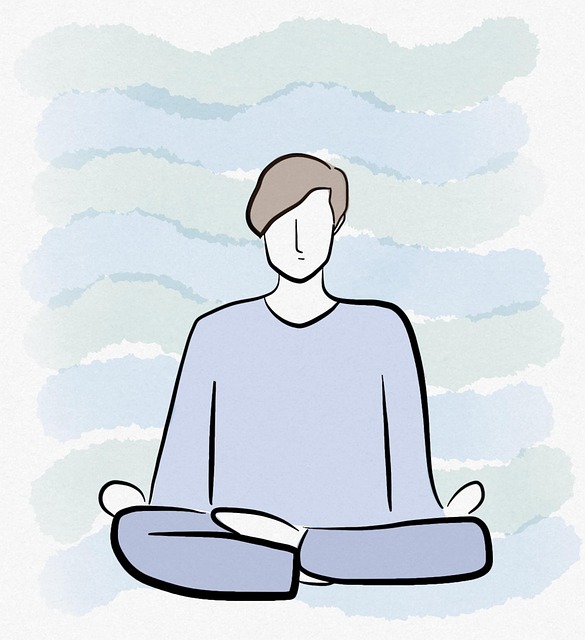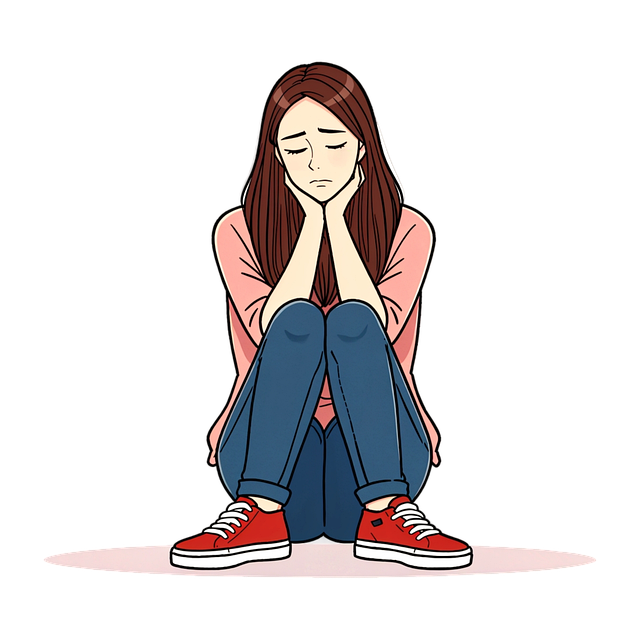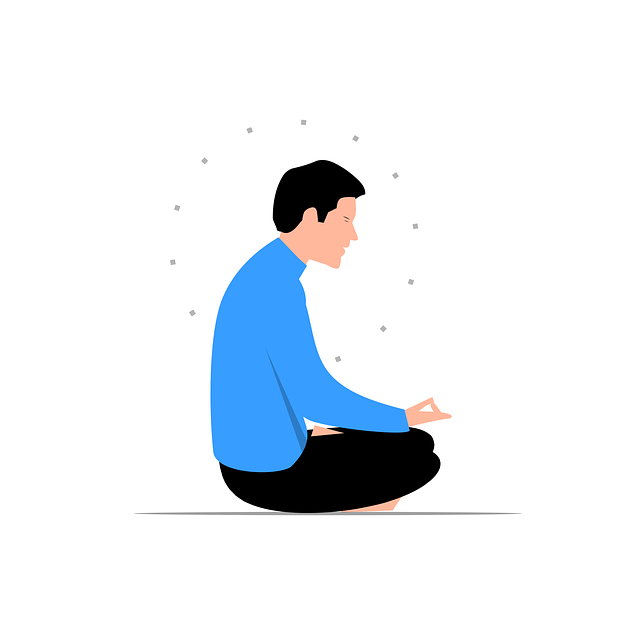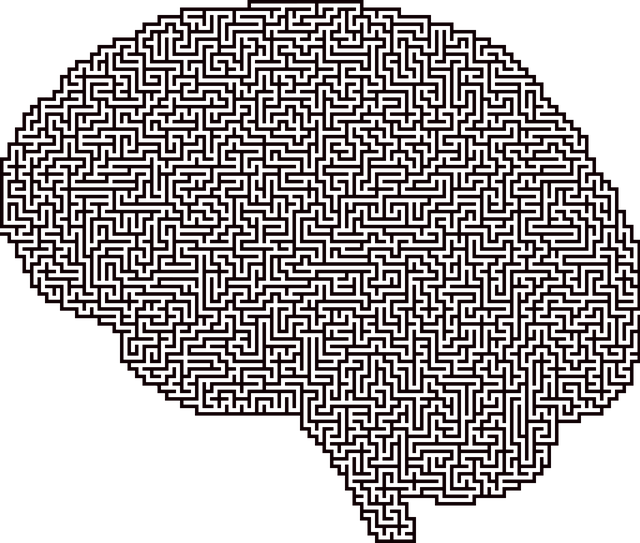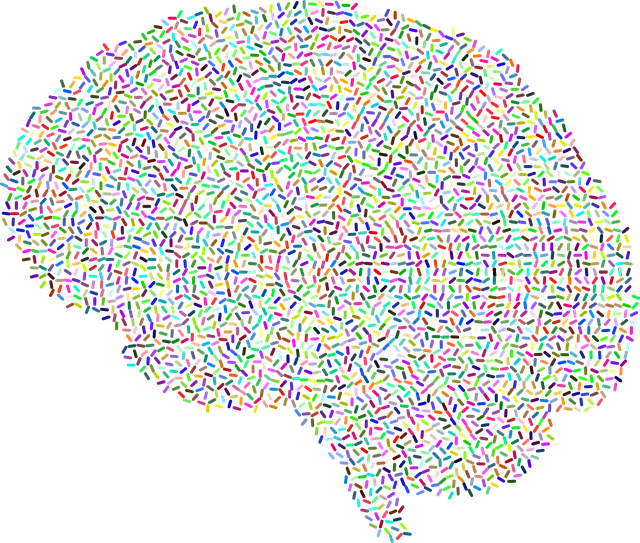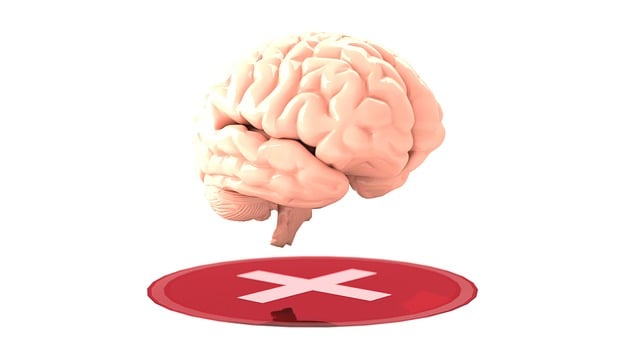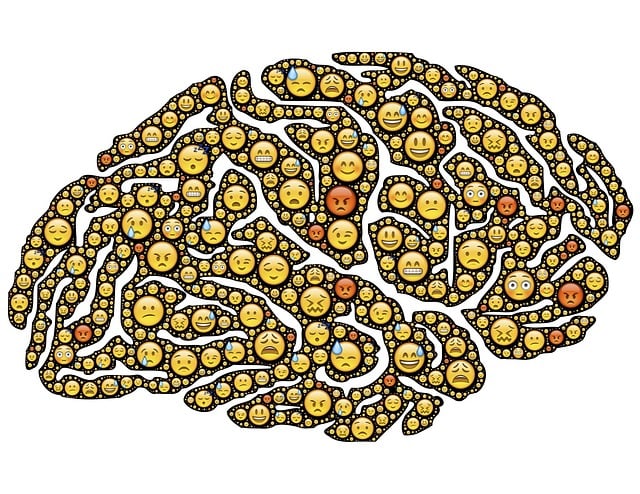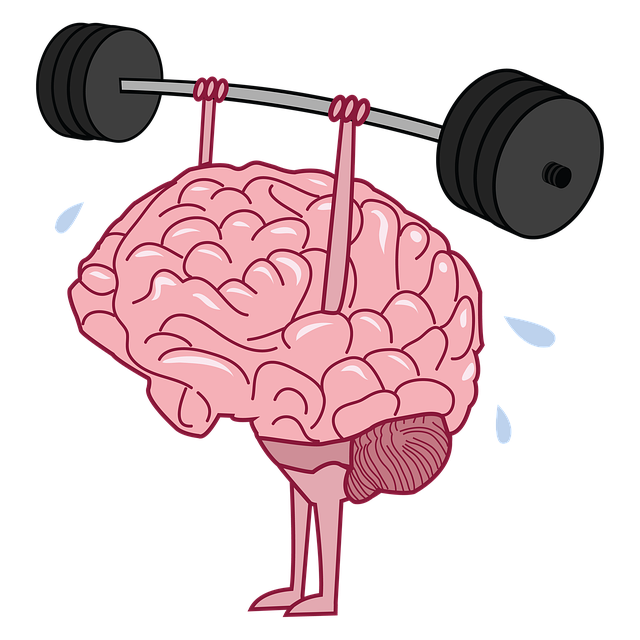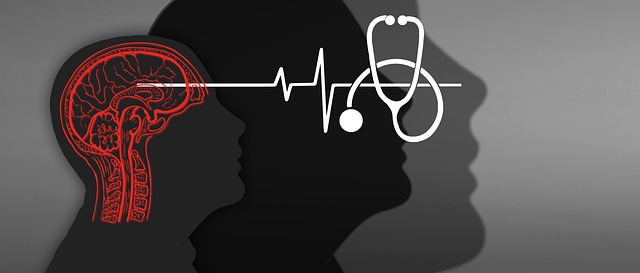Self-care, emphasized by Northglenn Mental Health Evaluations and Therapy, is vital for maintaining good mental health in a fast-paced world. Regular practices like relaxation techniques, stress reduction, mindfulness, and emotional intelligence improve resilience, quality of life, and overall well-being. Evaluating self-care routines through comprehensive risk assessments helps identify mental health risks and guide effective therapy planning. Incorporating meditation, regular exercise, and balanced diets fosters positive thinking, emotional balance, and improved cognitive function. Building healthy habits with tailored guidance from Northglenn Mental Health supports significant improvements in overall well-being and mental wellness.
“Unwind, rejuvenate, and rediscover yourself – it’s time to embark on a journey of self-care improvement. This comprehensive guide explores the intricate relationship between self-care and mental wellbeing, highlighting why it’s not just a trend but a necessity.
From Northglenn Mental Health’s perspective, we’ll evaluate your current routine and offer insights into effective strategies. Discover the power of mindfulness and meditation for stress reduction, plus the impact of physical activity and nutrition on your overall wellness.
Gain practical tips to build healthy habits, ensuring consistent self-care improvement through evidence-based techniques and Northglenn Mental Health evaluations.”
- Understanding the Importance of Self-Care for Mental Wellbeing
- Evaluating Your Current Self-Care Routine: A Northglenn Mental Health Perspective
- Incorporating Mindfulness and Meditation for Stress Reduction
- The Role of Physical Activity and Nutrition in Self-Care Strategies
- Building Healthy Habits: Tips for Consistent Self-Care Improvement
Understanding the Importance of Self-Care for Mental Wellbeing

Self-care is an essential aspect of maintaining good mental health, often overlooked yet crucial for overall well-being. In today’s fast-paced world, where stress and demands are ever-present, taking time to nurture oneself becomes increasingly vital. Northglenn Mental Health Evaluations and Therapy emphasize the significance of recognizing and prioritizing personal needs.
Engaging in regular self-care practices can significantly enhance one’s mental resilience and overall quality of life. It involves a range of activities that promote relaxation, reduce stress, and foster emotional balance. By adopting positive thinking and incorporating strategies such as mindfulness or emotional intelligence into daily routines, individuals can better navigate the challenges of modern living. This proactive approach to mental health policy analysis and advocacy ensures that personal growth and happiness remain at the forefront, leading to a more fulfilling and meaningful life.
Evaluating Your Current Self-Care Routine: A Northglenn Mental Health Perspective

In today’s fast-paced world, evaluating your self-care routine is a vital step towards enhancing your overall well-being, especially from a Northglenn Mental Health perspective. Many individuals often overlook this crucial aspect of personal growth, leading to potential mental health risks that can be identified through comprehensive evaluations. A thorough assessment helps in understanding one’s unique needs and triggers, which is essential for effective therapy and treatment planning. By examining your current practices, you can uncover areas where improvements are needed, whether it’s managing stress, cultivating emotional regulation, or fostering inner strength development.
Northglenn Mental Health professionals employ sophisticated evaluation methods, including risk assessments tailored to mental health practitioners, to ensure comprehensive care. These evaluations go beyond surface-level self-assessments, delving into the intricate relationship between your daily routines, emotional states, and overall mental health. By integrating these insights with evidence-based therapy techniques, individuals can embark on a transformative journey towards better self-care, ultimately strengthening their resilience and coping mechanisms.
Incorporating Mindfulness and Meditation for Stress Reduction

Incorporating mindfulness and meditation into your daily routine can significantly reduce stress levels, an aspect that Northglenn Mental Health Evaluations Therapy prioritizes in their approach to mental wellness. These practices foster self-awareness exercises, enabling individuals to develop a deeper understanding of their thoughts and emotions. By taking a few moments each day to focus on the present moment, one can cultivate positive thinking and enhance overall mental health awareness.
Meditation serves as a powerful tool for calming the mind, allowing individuals to detach from stressful situations and gain clarity. Regular practice has been linked to improved emotional regulation, better concentration, and enhanced overall well-being. Integrating mindfulness into your self-care routine can be as simple as dedicating 10 minutes each morning or evening for meditation, thus fostering a more serene and balanced mindset throughout the day.
The Role of Physical Activity and Nutrition in Self-Care Strategies

Engaging in regular physical activity and adopting a balanced diet are integral components of comprehensive self-care strategies. These practices play a dual role in promoting both physical and mental health, which is especially relevant for individuals seeking support through Northglenn Mental Health Evaluations and Therapy services.
Physical activity acts as a powerful tool for mood management by releasing endorphins, often referred to as ‘feel-good’ hormones. This can help alleviate symptoms of depression and anxiety, fostering a sense of well-being. Moreover, structured exercise routines can be confidence-boosting, enabling individuals to set and achieve personal fitness goals. Similarly, nutrition has a significant impact on mental wellness; a balanced diet ensures the brain receives essential nutrients required for optimal cognitive function. This includes omega-3 fatty acids, known for their role in reducing symptoms of depression and improving overall mental health. Incorporating both physical activity and mindful nutritional choices into daily routines can be transformative, laying the foundation for successful Mental Wellness Coaching Programs Development.
Building Healthy Habits: Tips for Consistent Self-Care Improvement

Building healthy habits is a key component of consistent self-care improvement. Starting small and setting realistic goals can make a significant difference in your overall well-being. Incorporate activities like regular exercise, balanced nutrition, and sufficient sleep into your daily routine. Northglenn Mental Health Evaluations and Therapy offer resources to support these efforts, providing guidance tailored to individual needs. Community Outreach Program Implementation initiatives often play a vital role in promoting self-care awareness, making mental health services more accessible to diverse communities.
Mindfulness Meditation is another powerful tool for cultivating healthy habits. Integrating moments of stillness and reflection throughout the day can help reduce stress and enhance emotional regulation. Public Awareness Campaigns Development focused on mental health can further encourage open conversations and break down stigma, fostering a supportive environment where self-care practices thrive.
Incorporating self-care practices is not just a trend, but an essential aspect of maintaining and enhancing mental wellbeing. As Northglenn Mental Health evaluations highlight, evaluating your current routine is the first step towards positive change. By incorporating mindfulness, meditation, regular physical activity, and nutritious diets, individuals can effectively manage stress and foster healthy habits. The journey to consistent self-care improvement involves commitment, patience, and tailored strategies that resonate with personal needs. Through dedicated practices, one can experience a profound sense of balance, resilience, and overall fulfillment. Remember, investing in yourself is the most powerful form of self-care.
